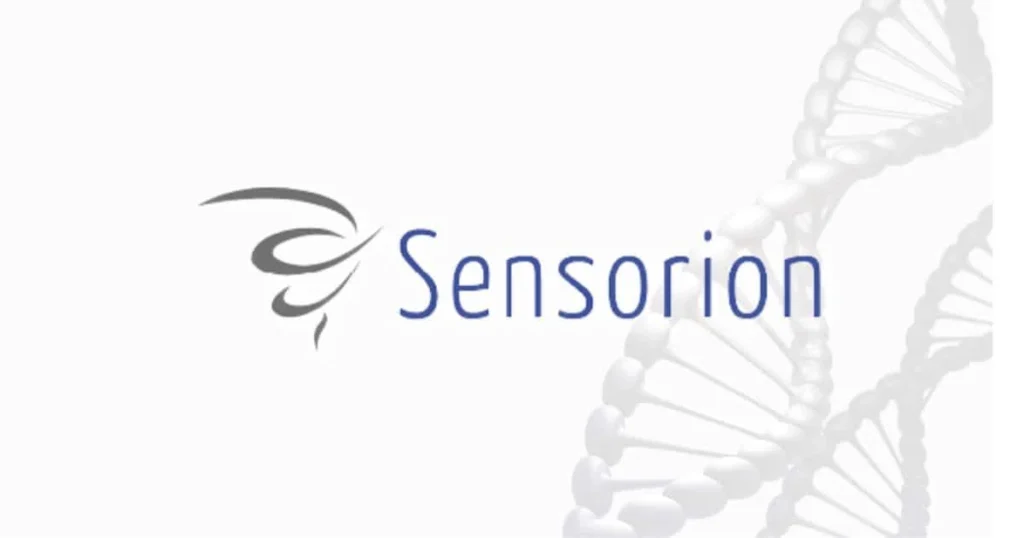
Sensorion Receives Positive Recommendation for Audiogene Trial of SENS-501
Sensorion, a clinical-stage biotechnology company focused on developing novel therapies to treat and prevent hearing loss, has announced a positive recommendation from the Data Monitoring Committee (DMC) for its Phase 1/2 clinical trial, Audiogene. This trial is centered around SENS-501, a gene therapy program developed to treat a specific form of congenital deafness linked to mutations in the OTOF gene, which is responsible for hearing function.
The recommendation from the DMC follows a review of the safety data collected so far in the trial. The committee has approved the continuation of the study without any modifications, affirming the favorable safety profile of SENS-501, particularly at the first dose tested in children between the ages of 6 and 31 months. The trial also confirmed that the intracochlear administration of the therapy was well tolerated. This recommendation allows the Audiogene trial to proceed to the next phase, which involves the evaluation of a second dose as part of the ongoing dose-escalation portion of the study.
Nawal Ouzren, the CEO of Sensorion, expressed gratitude to the members of the DMC for their thorough review and support. “We are pleased with the committee’s recommendation to continue the trial without modification,” Ouzren said. The company also announced that the enrollment of the first cohort, consisting of three patients aged 6 to 31 months, would be completed by December 27, 2024. Additionally, enrollment for the second cohort, which also includes three patients, is expected to be finished by mid-2025.
The Audiogene trial is designed to assess the safety, tolerability, and efficacy of SENS-501 in young children with hearing loss caused by mutations in the OTOF gene. The focus on children aged 6 to 31 months is crucial, as it is during these early years that brain plasticity is at its peak. Early intervention can help maximize the chances of children with prelinguistic hearing loss developing normal speech and language skills. The trial includes two cohorts with different doses, followed by an expansion cohort at the selected dose.

SENS-501, also known as OTOF-GT, is an innovative gene therapy that aims to address congenital deafness linked to mutations in the OTOF gene. The OTOF gene plays a vital role in transmitting auditory signals from the hair cells of the inner ear to the auditory nerve.
When this gene is mutated, it leads to severe to profound hearing loss at birth. SENS-501 works by delivering a functional copy of the OTOF gene into the hair cells of the inner ear using a viral vector (AAV) technology. This process aims to restore normal auditory signaling, ultimately improving the hearing abilities of patients.
This gene therapy program holds great promise for families affected by this rare genetic form of deafness. It represents a significant scientific advancement in the field of hearing restoration. By potentially restoring the ability to hear, SENS-501 could dramatically improve the quality of life for children born with otoferlin deficiency. The program is currently in clinical trials, with the potential to offer hope for a previously underserved group of patients.
SENS-501 was developed within the framework of the RHU AUDINNOVE, a consortium comprising the Necker Enfants Malades Hospital, the Pasteur Institute, the Hearing Foundation, and Sensorion. The project has received funding from the French National Research Agency through the Investments for the Future program.
The Audiogene trial’s primary focus is on safety and tolerability, with auditory brainstem response (ABR) serving as the primary efficacy endpoint in the expansion part of the study. This will provide valuable insights into how well SENS-501 is able to restore hearing function in pediatric patients. The study will also evaluate the clinical safety, performance, and usability of the delivery system developed by Sensorion, which is designed to introduce the therapy into the inner ear.
Overall, Sensorion’s progress in the Audiogene trial marks a significant step forward in the development of gene therapies for hearing loss. With the ongoing support of the DMC and a well-tolerated safety profile, the company is poised to continue advancing this groundbreaking treatment. The eventual success of the trial could lead to a transformative therapy for children suffering from genetic hearing loss, ultimately enabling them to achieve normal hearing and language development.




